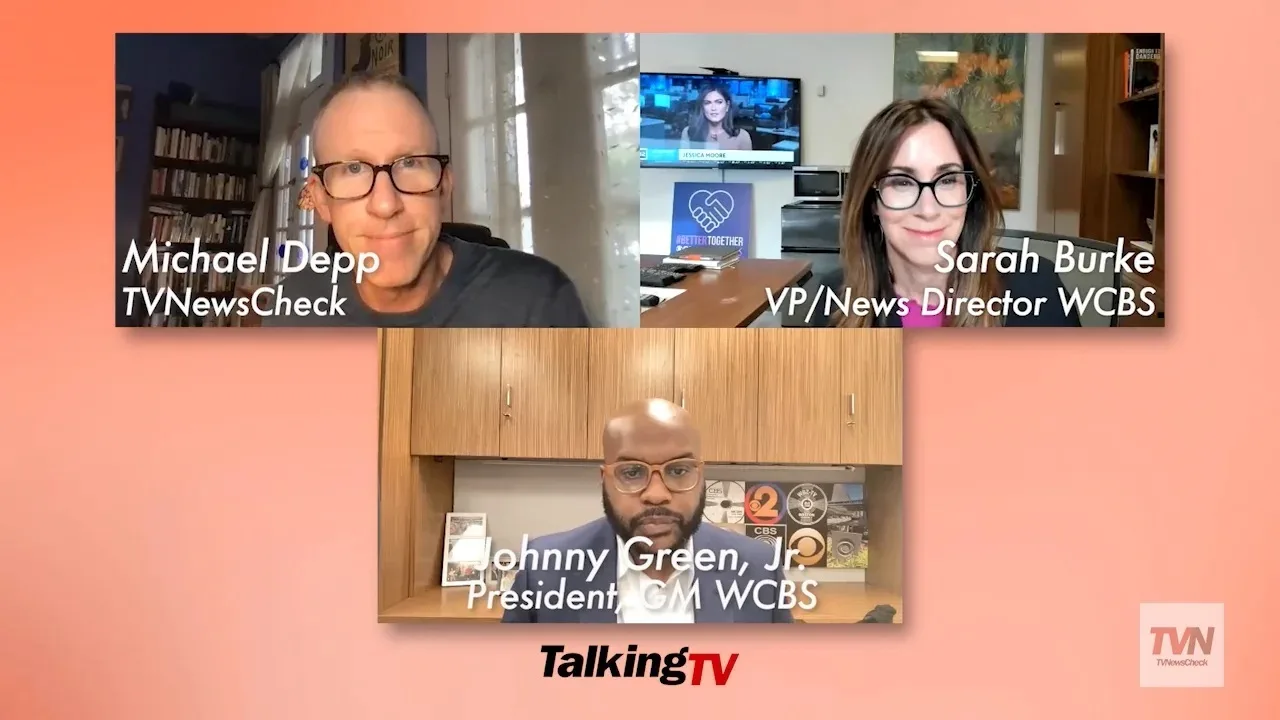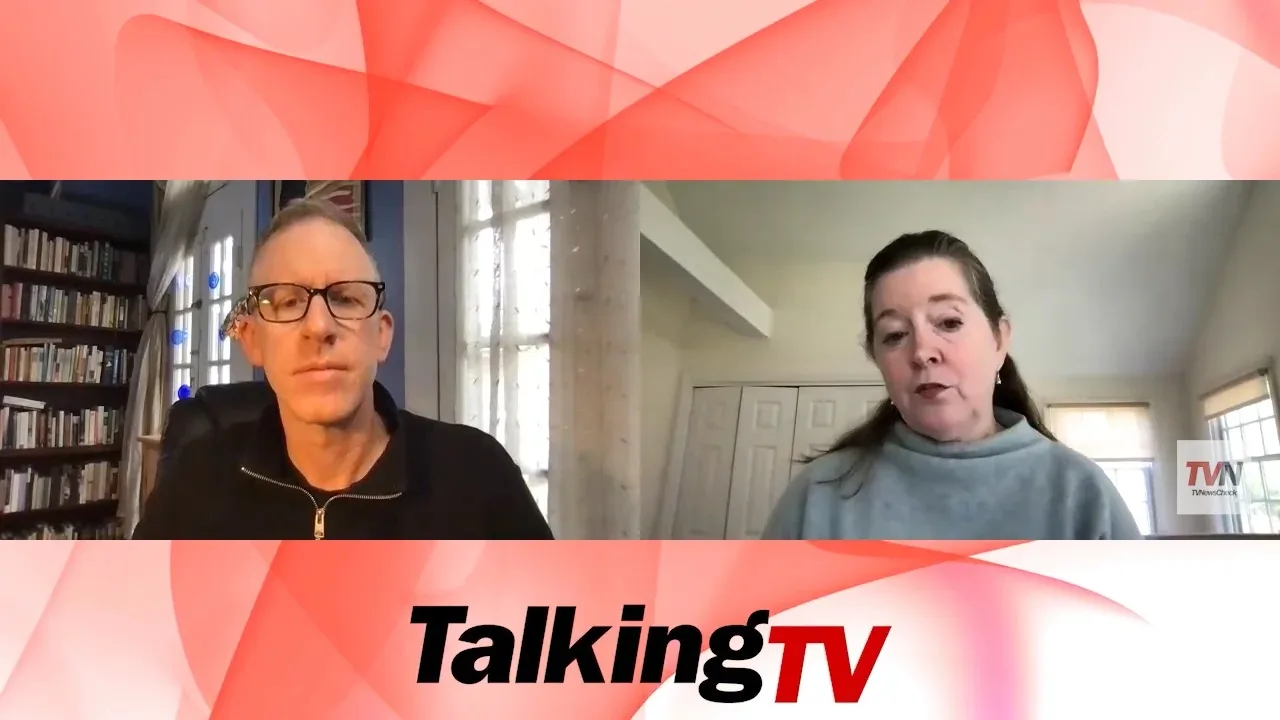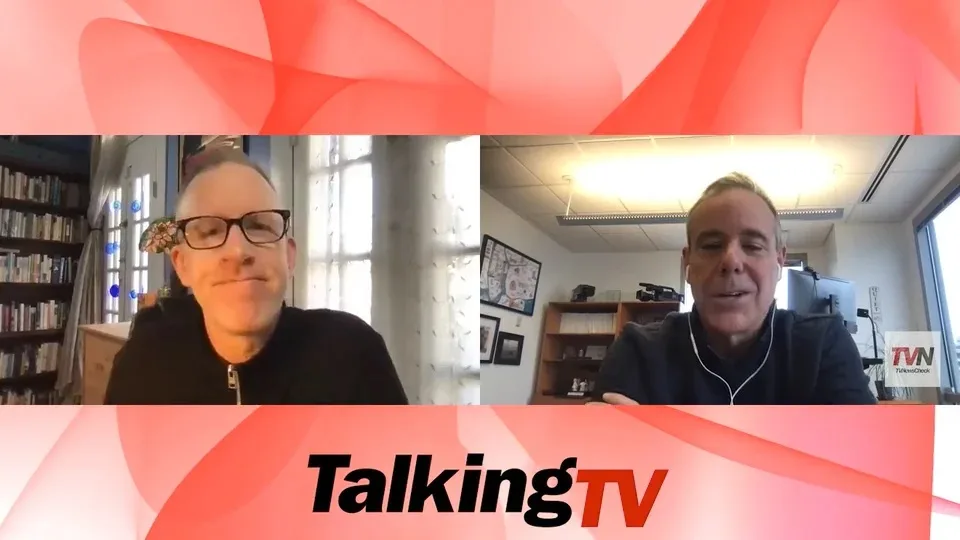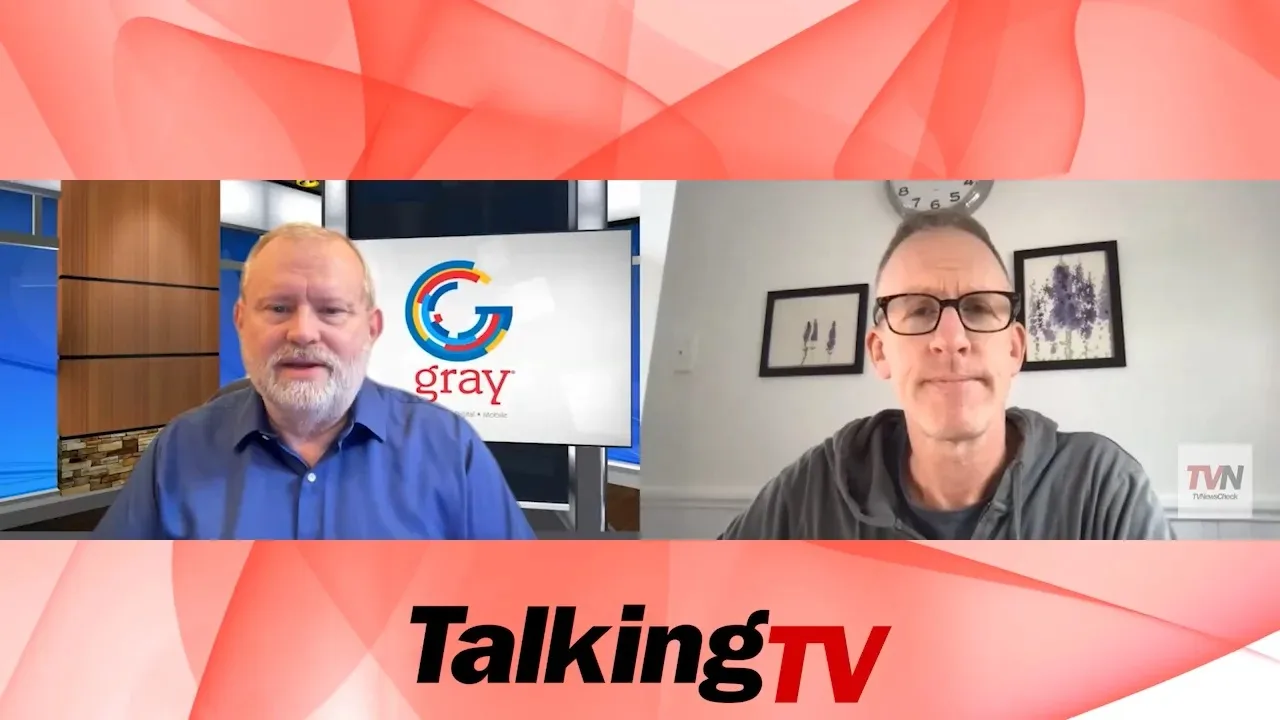A New Roadblock For Diverse Creators And Audiences

Why regulating streaming services like traditional pay TV providers would stifle inclusion efforts.

Ervin Duggan and William Kristol join effort challenging renewal application of Fox O&O WTXF Philadelphia.

Regulating streamers like old-school cable providers would ignore market realities and Congressional prerogatives, says former commissioner Michael O’Rielly.
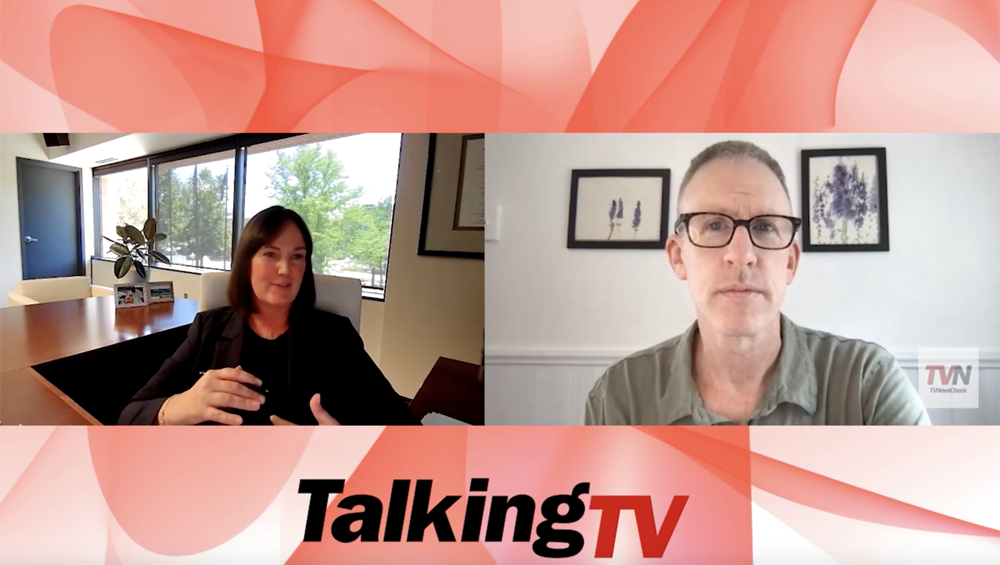
Tanya Vea, president-COO of Bonneville International and a spokesperson for the new Coalition for Local News, explains why the group is drawing a direct line between the need for new FCC rules on dealing with vMVPDs and maintaining healthy local TV newsrooms. A full transcript of the conversation is included.

Several of the country’s biggest entertainment and streaming companies are teaming up to fight hundreds of local broadcasters over a years-old provision that would determine whether they are forced to negotiate directly with those local stations for distribution deals. The Preserve Viewer Choice Coalition, which launched Wednesday, is made up of major entertainment companies and their broadcast networks, including Disney/ABC, Paramount/CBS, Fox Corp./Fox, NBCUniversal/NBC/Telemundo, Warner Bros. Discovery, Univision and Roku.
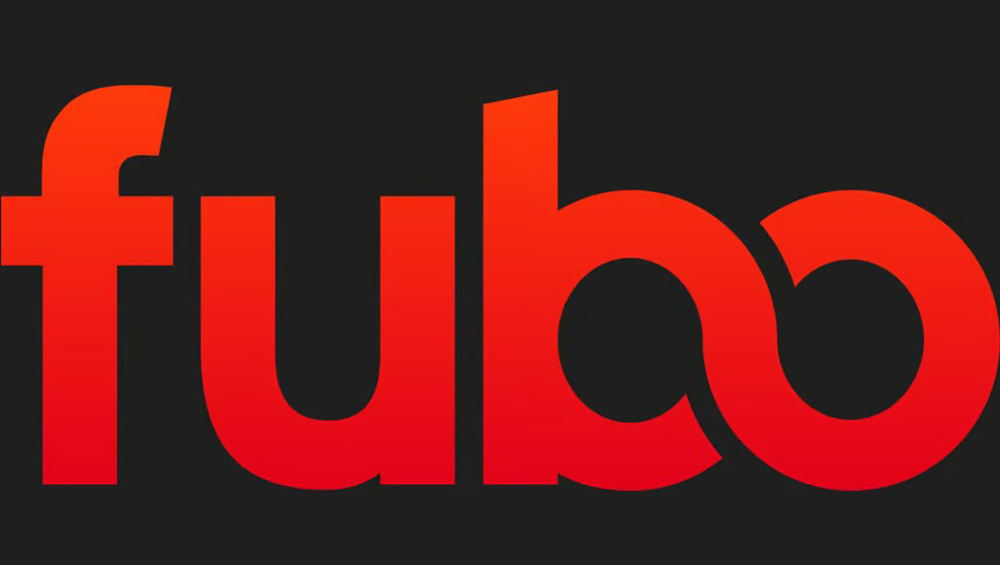
Executives with sports-centric streaming service Fubo met with officials at the FCC last week to express concern over a proposal to reclassify streaming cable TV replacements in a way that would require them to fundamentally change certain aspects of their business. Specifically, the proposal concerns whether to group virtual MVPD streaming services like Fubo as multichannel video programming distributors, or MVPDs, in the same ilk as traditional cable and satellite TV services like Comcast’s Xfinity, Charter’s Spectrum, Dish and DirecTV.
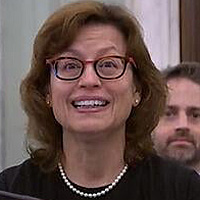
This week could prove to be a pivotal one for the FCC as efforts to bring to a vote the nomination of Anna Gomez hit overdrive. Supporters hope to have the Democrat confirmed before the Senate breaks for its month-long August recess at week-end. The decision will be up to Senate Majority Leader Chuck Schumer (D-N.Y.) who is also under pressure to get the 2024 military spending bill completed before lawmakers leave town.

The newly formed Coalition for Local News wants to convince the FCC that broadcasters must negotiate directly with vMVPDs to ensure their long-term fiscal viability. They’re smartly drawing a direct line between local TV news and democracy’s health to make their case.


The FCC has granted low-power WWOO-LD Westmoreland, N.H., special temporary authority to test 5G broadcasts. LPTV stations are looking to leapfrog the ATSC 3.0 standard’s data offload potential with what is being billed as “5G broadcasting.” “Anybody who has been frustrated in a crowded football stadium trying to watch the game on a phone can understand the value of sending out on-demand streams and data via broadcast,” Preston Padden, long-time industry executive and chief strategic officer of the LPTV Broadcasters Association, has said of the effort to turn LPTVs into turnkey 5G players.
The Murdochs Are Awful. But Don’t Punish Fox O&Os For It.
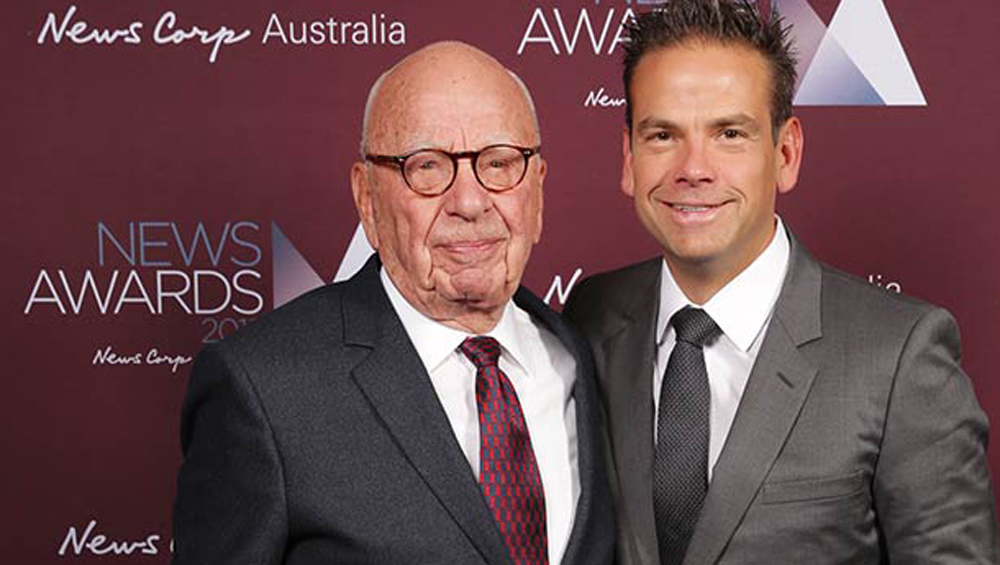
Rupert and Lachlan Murdoch undermined trust in American democracy with their reckless propagation of Trump’s Big Lie, but Fox’s O&Os shouldn’t be in the FCC’s crosshairs to pay for it, as a watchdog group would have it.
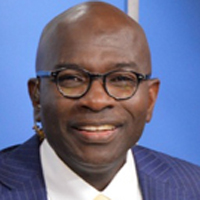
Armstrong Williams: “The FCC should recognize that broadcasters make significant capital investments when adopting new technologies and prioritize promoting broadcast innovations with the goal of both improving service to the public and the competitive viability of free-to-the-home broadcasting.”
Fox, Law Vs. Power
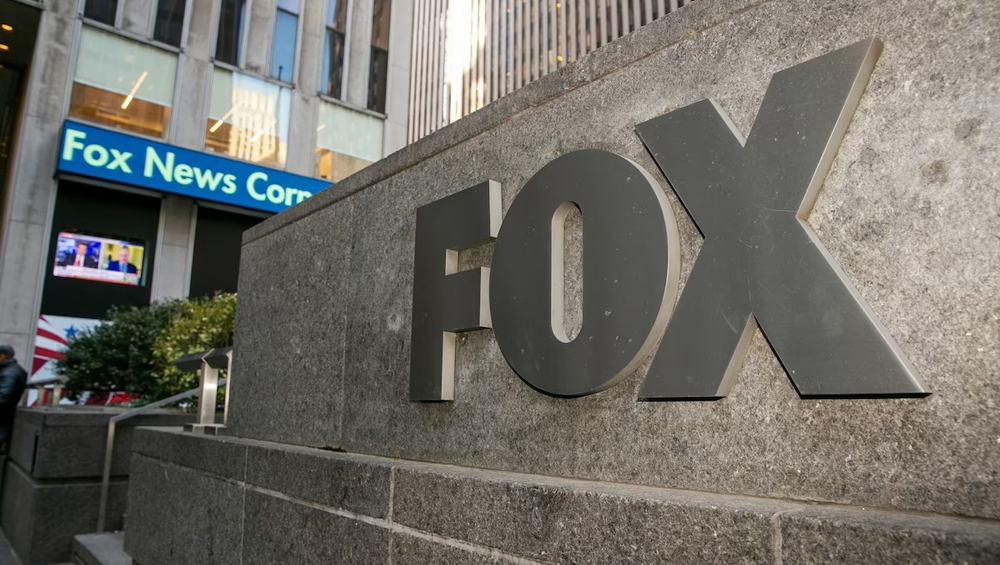
If the long-established law behind the FCC character clause has any validity, it must be enforced against Fox Broadcasting where internal documents from the cable news side of the corporation shows that profit comes before truth or the national interest. Based solely on the facts and the law, Fox does not deserve a license to own a broadcast station.

A petition from the Media and Democracy Project (MAD) and former Fox executive Preston Padden asking the FCC to hold a hearing over and block a Fox-owned TV station’s license renewal isn’t likely to lead to agency action and would raise First Amendment concerns if it did, according to communications attorneys.
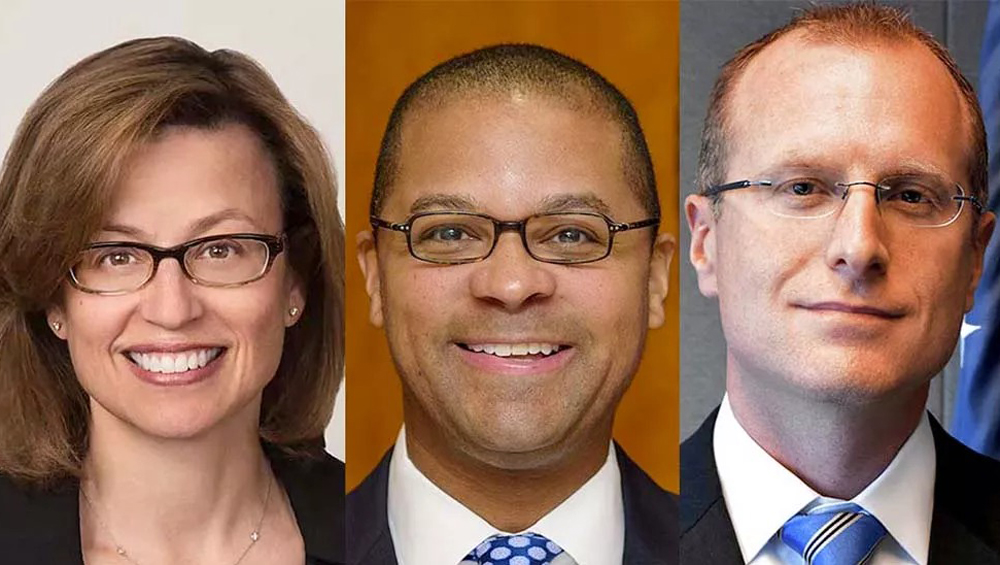
The Senate Commerce Committee has scheduled a vote next week on the nomination of Anna Gomez (left) for the open seat on the FCC, as well as the renominations of Democrat Geoffrey Starks (center) and Republican Brendan Carr (right) for their respective seats. The nomination markup will be July 12 at 10 a.m. If all goes well, the committee will favorably report the nominations to the full Senate for a vote, something that never happened for Gomez’s predecessor, Gigi Sohn, whose nomination was withdrawn after it was killed by Republicans, industry players and at least one Democrat who failed to support her.
FCC Nixes Another Deal With Deafening Silence

Fargo, N.D.-based Forum Communications has learned the hard way just how much this FCC hates broadcast deals of any size.
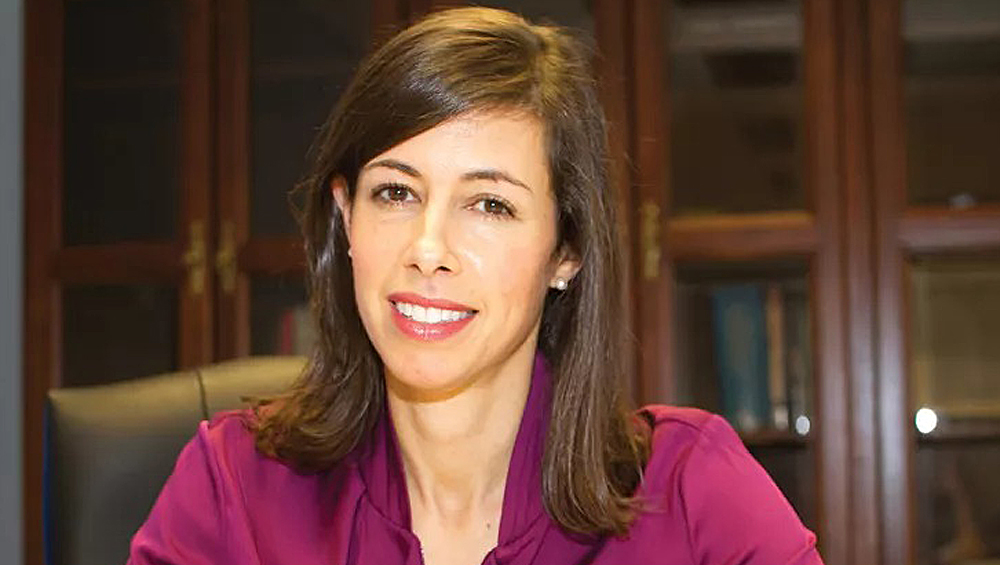
The agency is being pushed on extending good-faith rules to OTT providers, making ISPs pay into Universal Service Fund. FCC Chair Jessica Rosenworcel has recently suggested that Congress may have to step in to give the FCC the regulatory authority that the Cable Acts of 1984 and 1992 gave it over traditional video. since those laws did not apply to, or anticipate, OTT. But she has apparently not ruled it out. “We are carefully reviewing the issue and exploring our options,” said an FCC spokesperson.
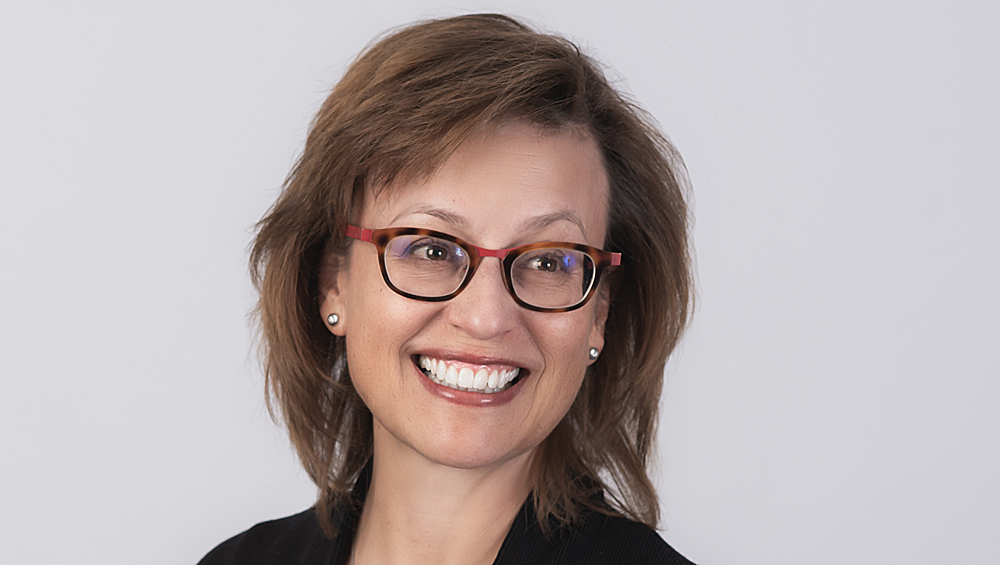
Testifying at her first nomination hearing on Thursday, longtime telecommunications lawyer Anna Gomez faced little of the partisan sparring that marked prior nominee Gigi Sohn’s appearances.
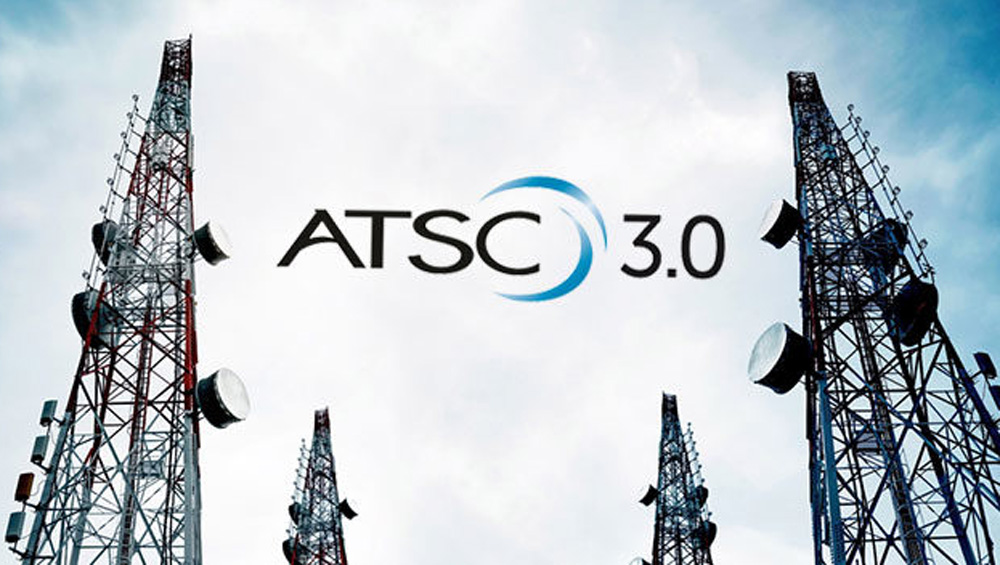
The FCC released late on Friday a Third Report and Order and Fourth Further Notice of Proposed Rulemaking resolving many regulatory issues related to the ATSC 3.0 NextGen TV conversion. Among the issues addressed, was an extension through July 17, 2027, of the rule that required that the lighthouse signal be “substantially similar” to the primary video stream of the ATSC 3.0 signal. That rule had been set to expire this year, but the FCC believed that viewers needed more time to be guaranteed that they can watch the same programming they watch today whether or not they have a TV that can receive the new ATSC 3.0 signal.
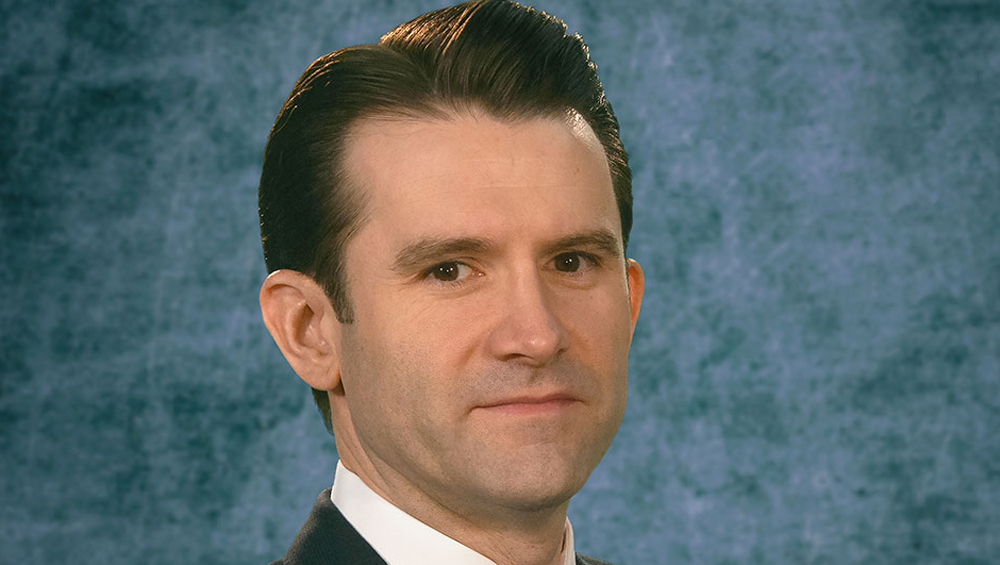
He says media regulations are outdated and are hindering Sinclair’s ability to compete.

Bipartisanship is at least partially due to political deadlock. Pictured: Members of the FCC testify during a House oversight hearing.
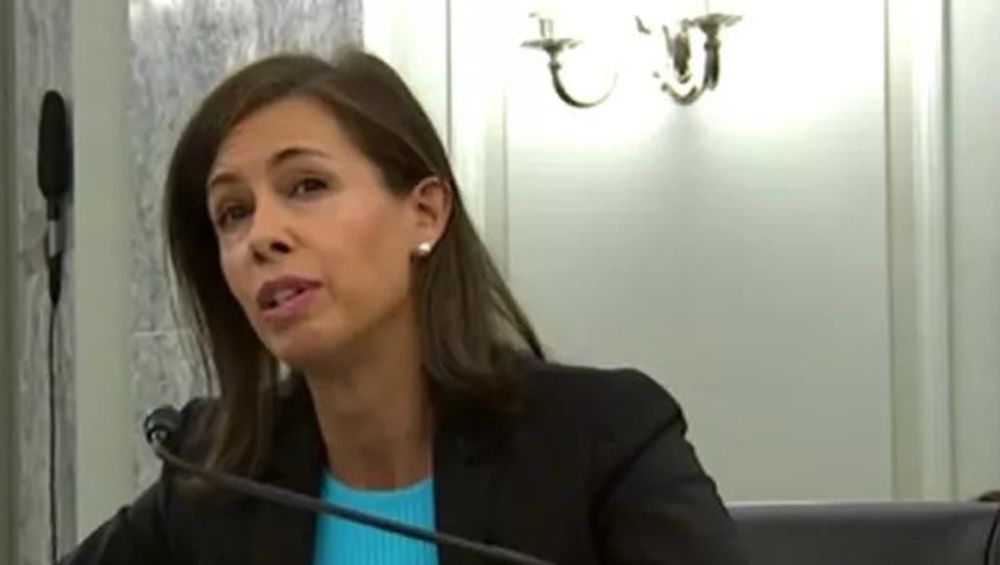
FCC Chair Jessica Rosenworcel sent a clear signal to Congress she is not looking to apply multichannel video programming distributor (MVPD) regulations to streaming video services, and that she does not think the regulator has the authority to expand into that area in any event. Her remarks came in testimony to the House Energy & Commerce Committee’s FCC oversight hearing in its communications subcommittee.
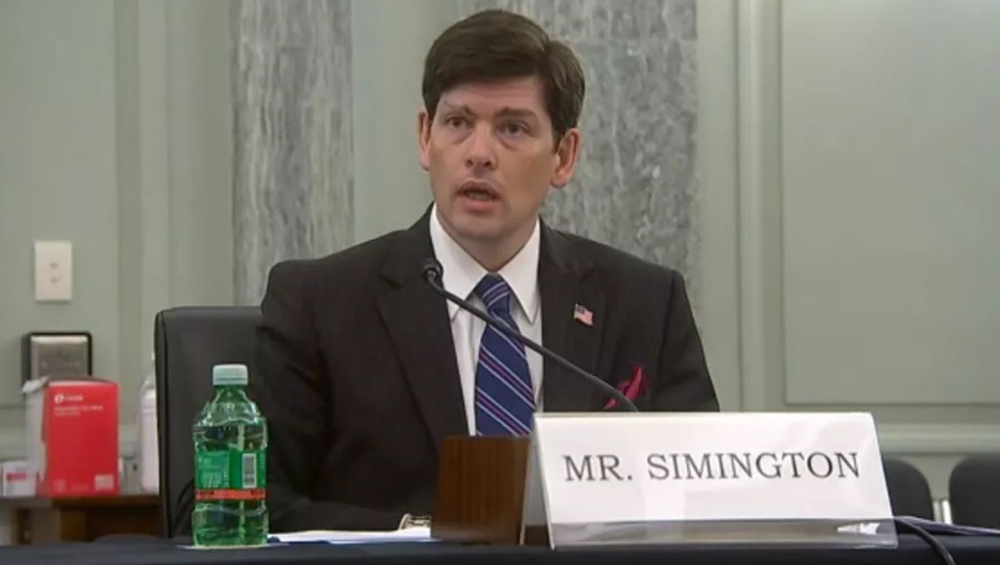
FCC member Nathan Simington is telling Congress that he and his fellow commissioners need to serve as a check on the power of the chair. According to testimony for the House Energy & Commerce Committee FCC oversight hearing today, Simington, a Republican, said that if the agency does not adopt rules allowing for full commission oversight of decisions made by staffers under authority delegated by the chair, Congress should step in to mandate it.

The American Television Alliance says the purchase would give operational control of the Detroit MyNetworkTV affiliate to Nexstar, in violation of federal ownership rules.
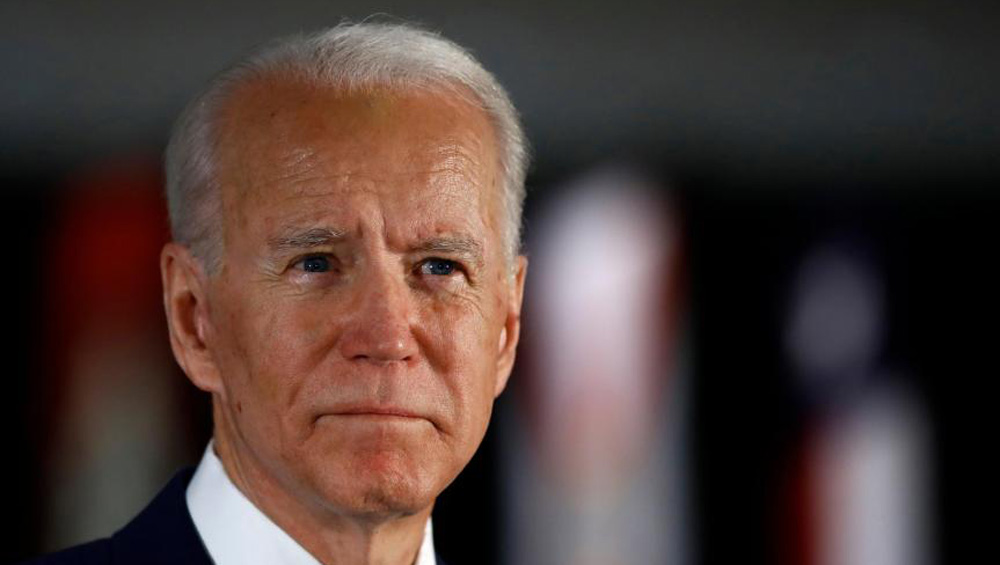
President Joe Biden voiced support for regulations that would require cable and satellite TV providers to give consumers an all-in price for video service rather than laying on hidden “junk” fees. The proposal from the FCC is part of the Biden administration’s effort to crack down on companies’ hiding true costs from families, the president said Tuesday in a statement.

It looks like the FCC is going to launch an inquiry into data caps and usage-based pricing, which have long been in the ISP broadband offering arsenal and which have drawn criticism from Democrats and streamers like Netflix that root for as much consumer bandwidth as possible. FCC Chair Jessica Rosenworcel, usually no fan of data caps, said Thursday that she was asking her fellow commissioners to approve a notice of inquiry into how broadband providers use data caps.
Former Fox Exec: Is It Time For The FCC To Take A Close Look At Rupert Murdoch’s Licenses?
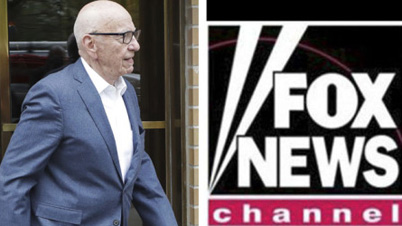
Preston Padden: “False news has consequences. Despite all the factual information available to the contrary, millions of Americans, including Fox viewers, believe that the 2020 election was stolen. The rioters at the U.S. Capitol on Jan. 6 were chanting ‘Stop the Steal.’ To the best of my knowledge, the FCC never before has been confronted with a judicial holding that a broadcast licensee knowingly and repeatedly presented false news. It is hard to imagine an issue that more directly impacts a broadcast licensee’s character qualifications.”
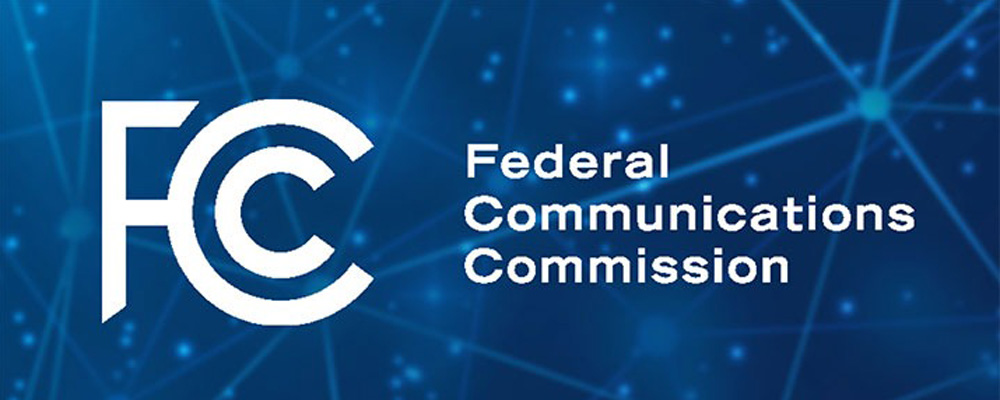
Republican leaders of the House Energy & Commerce Committee have scheduled an FCC oversight hearing for next week (June 21) and said Chair Jessica Rosenworcel and the other three commissioners are expected to testify. The panel has primary oversight of the commission, with the House Judiciary Committee weighing in on merger and antitrust issues.

The Boston low-power stations says the experimental license it’s requesting could become a “game changer” for TV stations and consumers.

Gigi Sohn has weighed in on the political forces that prevented her from taking a seat on the FCC after her nomination by President Joe Biden and her decades of experience in communications, primarily as a public advocate and briefly as a top FCC adviser. Those forces included dark money groups, she said, with an assist from some inaccurate reporting in the media that she was unable to correct.

A deal for Forum Communications Company to acquire Fox affiliates KVRR Fargo, N.D., and KQDS Duluth, Minn., has come undone. The deal failed to materialize as both Forum Communications and Red River Broadcasting awaited what is called a “Big Four waiver request” from the FCC. The waiver would have allowed Forum to acquire a second “Big Four” network affiliate in the Fargo market.
In Killing Kim’s Deal For Tegna, The FCC Showed Its Prejudice
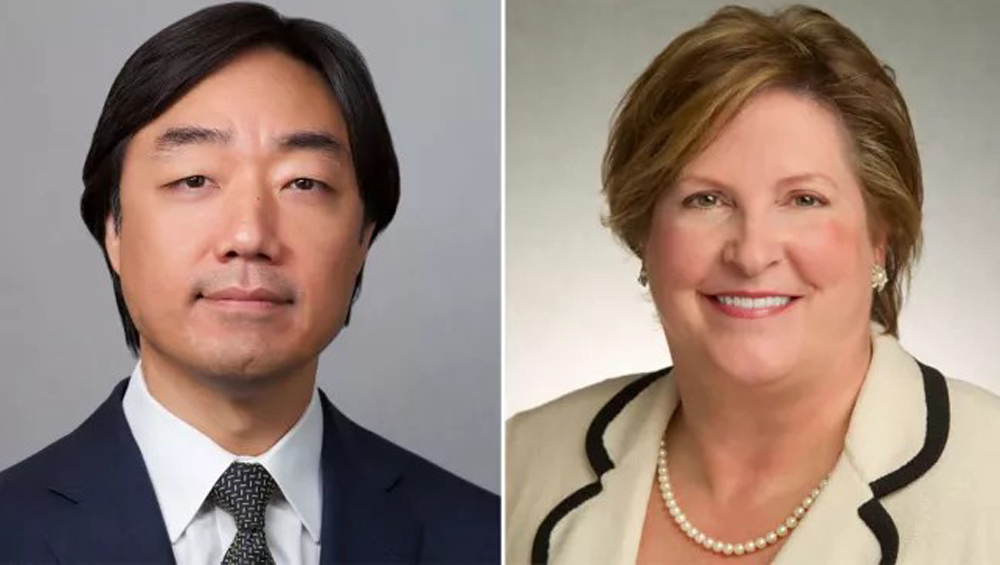
Thwarted in his bid to buy Tegna by an overlong and deal-breaking FCC review process, Soo Kim (and his right hand Deb McDermott) is indeed a victim of prejudice and discrimination. Only it’s probably not the sort you may think.

The FCC has largely granted the NAB’s request and will again extend for 18 months to November 26, 2024, the effective date of the FCC’s rule governing accessibility of emergency communications. This rule requires broadcasters to provide, during non-newscast programming, an aural representation of any visual, non-textual emergency information, such as radar maps or other graphics, on a secondary audio stream.

Gray Television is suing the FCC over its decision to fine the broadcaster over half a million dollars for an affiliation move in Alaska the regulator said violates its duopoly restriction. That is according to an appeal filed late Wednesday (May 24) in the 11th U.S. Circuit Court of Appeals, whose jurisdiction includes Atlanta, where Gray is based.
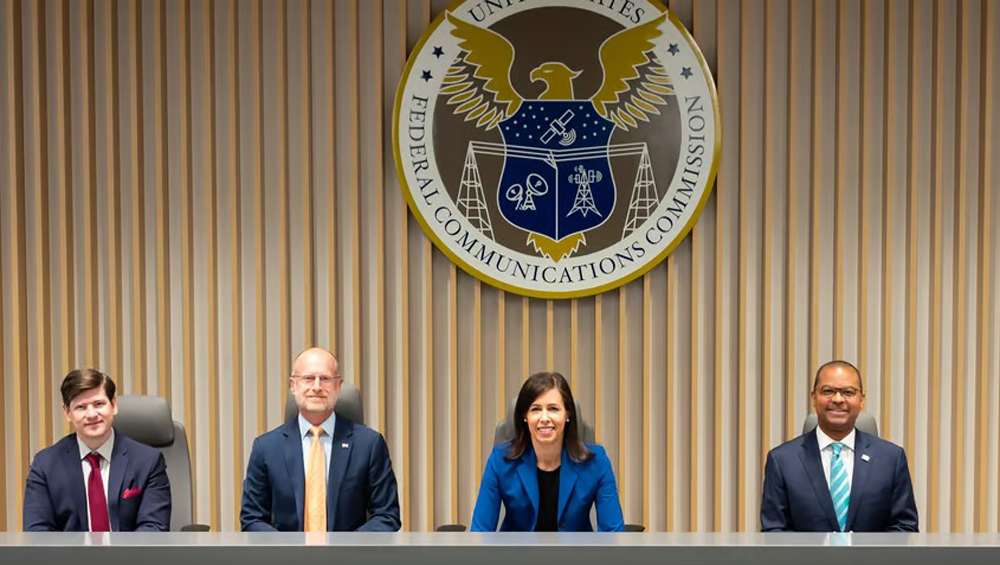
A who’s who of former FCC leaders sent a letter to the chairs of the Energy & Commerce and Commerce, Science & Transportation committees urging Congress to restore the FCC’s spectrum auction authority as soon as practical. Signatories of the letter include Ajit Pai, Tom Wheeler, Mignon Clyburn, Julius Genachowski, Meredith Atwell Baker, Robert McDowell, Deborah Taylor Tate, Jonathan Adelstein, Michael Copps, William Kennard, Harold Furchtgott-Roth, Gloria Tristani, Rachelle Chong, Susan Ness, Reed Hundt and Dick Wiley.

In addition, Geoffrey Starks and Brendan Carr are re-nominated to serve additional five-year terms as FCC commissioners.
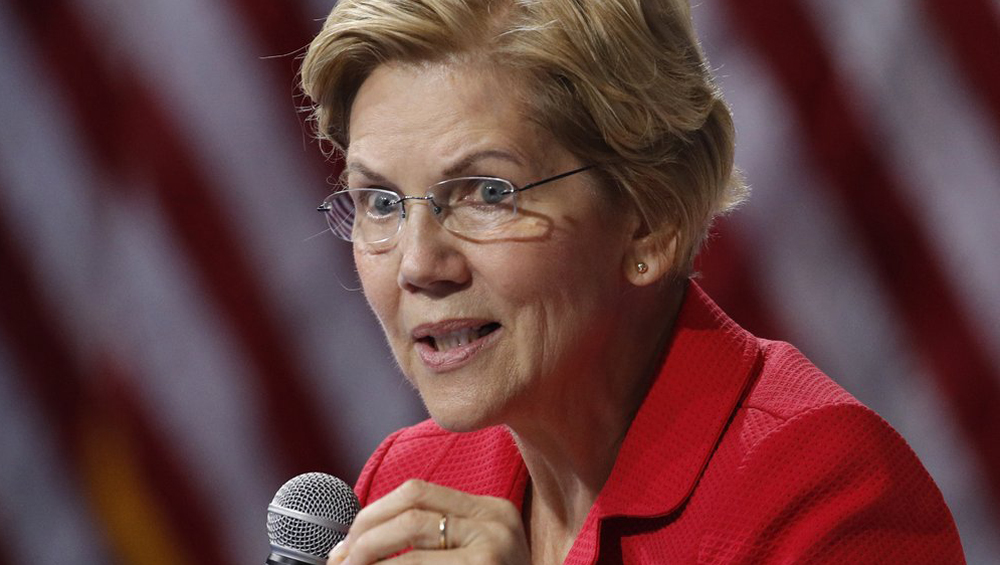
Sen. Elizabeth Warren (D-Mass.) wrote FCC Chair Jessica Rosenworcel this week to provide moral support for the regulator’s decision to designate the Standard General-Tegna station group merger for hearing before an administrative law judge. Warren has been a critic of the deal as anticompetitive consolidation and a fan of the hearing designation.
Why Standard General’s Proposed Tegna Merger Hurts Our Democracy
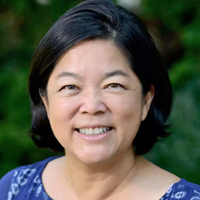
Common Cause VP Kathay Feng says that hedge funds’ bottom-line mindset leads to less-robust local news operations. “The rapid decrease in local news should alarm everyone, especially heading into yet another consequential election year. With fewer resources to combat disinformation and hold power accountable, we have to do what we can to protect our local newsrooms.”

President Joe Biden intends to select veteran government lawyer Anna Gomez to serve on the Federal Communications Commission and give the agency its first Democratic majority of his presidency, a person briefed on the matter said. Gomez’s arrival would allow the FCC, after more than two years of partisan deadlock, to act on matters including loosening rules on broadcast consolidation. Gomez’s selection may be announced soon, said the person briefed on the matter, who declined to be identified because the matter hasn’t been made public.
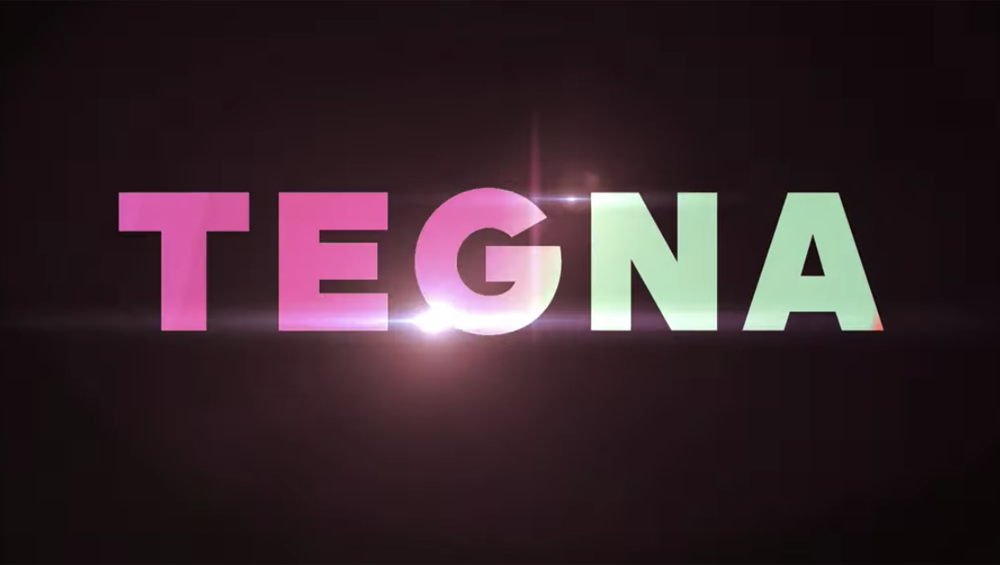
Standard General said the FCC’s Enforcement Bureau has “suggested” the company “attempt to resolve remaining concerns to allow the transaction“ — its purchase of Tegna’s TV stations — “to move forward,” which it said it is definitely trying to do. Standard General’s invocation of the Enforcement Bureau suggestion was a reference to a meeting with FCC officials last week.

















